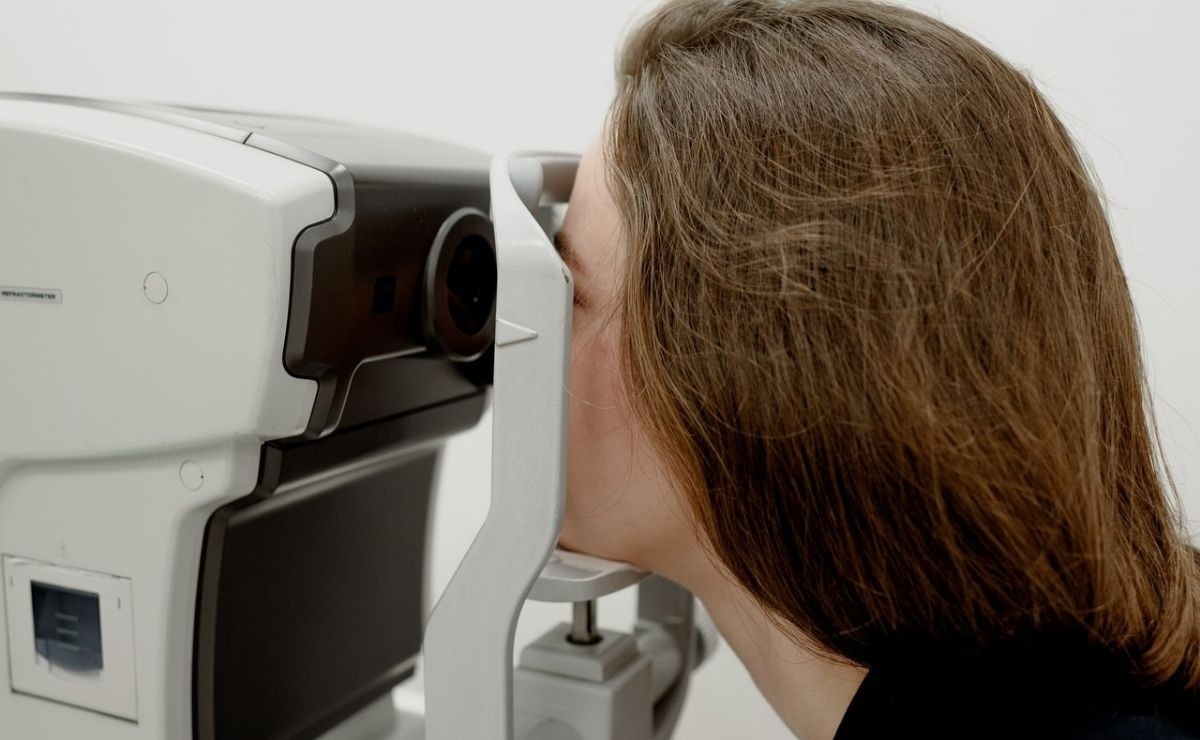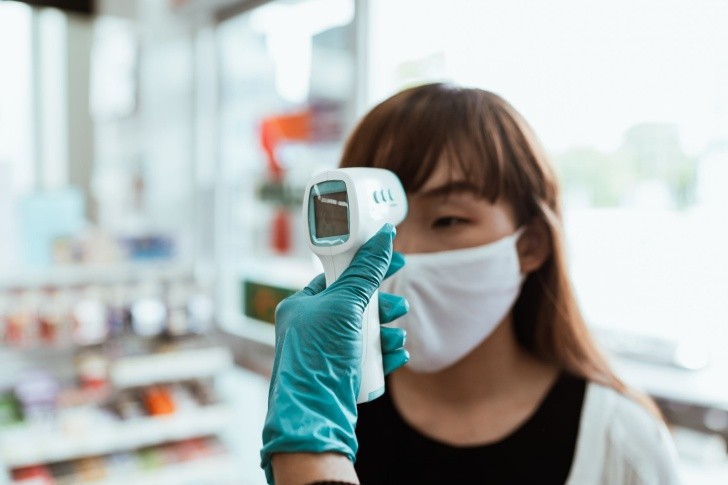
Although the coronavirus mainly affects the lungs, it has also been linked to ocular abnormalities such as conjunctivitis and retinopathies that can result in vision loss
The coronavirus affects all parts of the body. Although at first it was thought that it was only the respiratory system that was affected and after it gave way to the circulatory system, now it seems that the eyes are also damaged. Since conjunctivitis and loss of vision are some of the symptoms in severe covid-19 patients
Magnetic resonance imaging (MRI) examinations have detected significant abnormalities in the eyes of some patients in severe cases of COVID-19, according to an article published Tuesday in the journal Radiology.
The study, carried out in France, points to the advisability of performing an eye examination in these patients in order to detect possible potentially serious ophthalmological consequences of the coronavirus and to give them the appropriate treatment.

Worldwide, the pandemic that began more than a year ago has sickened nearly 110 million people and caused 2.41 million deaths. In the United States, 27.7 million cases and more than 486,300 deaths have been confirmed.
The article noted that while the coronavirus primarily attacks the lungs, it has also been linked to eye abnormalities such as conjunctivitis and retinopathies that can result in vision loss.
The French Society of Neuroradiology conducted a study with 129 patients with severe COVID-19, who underwent MRI examinations to determine the nature and frequency of these abnormalities in the eyes.
Nine of the patients, equivalent to 7%, showed abnormalities in the eyeball, and MRI examinations found one or more nodules in the posterior pole of the globe. Eight of those nine patients had spent time in the intensive care unit due to the coronavirus.
All nine patients had nodules in the macular region, the area at the back of the eye where central vision operates, and eight of them had these nodules in both eyes.
The researchers noted that the mechanisms that lead to the formation of these nodules are unknown, although they believe they could be related to the inflammation caused by the virus.
Another factor could be inadequate drainage of the veins in the eyes, a problem that has been found in patients who spend time in the ICU face down or intubated. Seven of the patients who showed ocular abnormalities in the study had spent long periods in that position in the ICU.
This study also supports other research that has shown that covid-19 has broader consequences in people who already have other health problems. Of the nine patients in whom the ocular nodules were found, two had diabetes, six were obese, and two had high blood pressure.
The results of this study indicate that eye examination of all patients with severe coronavirus for nodules, including high-resolution MRI, should be considered.
Other recommended tests are fundoscopy, which uses a magnifying glass and light to inspect the fundus, and optical coherence tomography, a non-invasive test that produces a three-dimensional image of the structure of the eye.